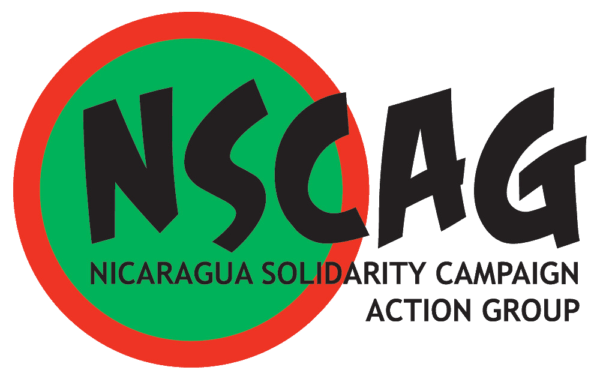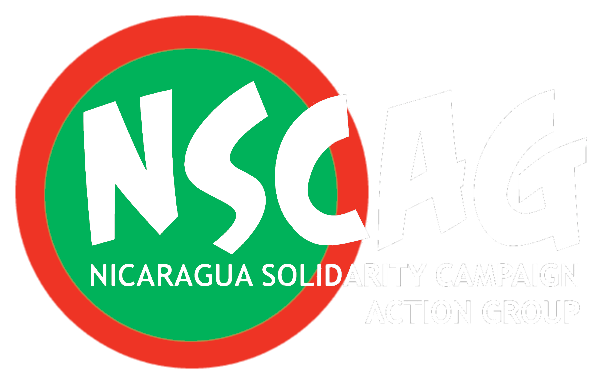Nicaragua Solidarity Campaign Action Group
16 November 2024
Nicaragua under threat: the dangers of the Trump administration
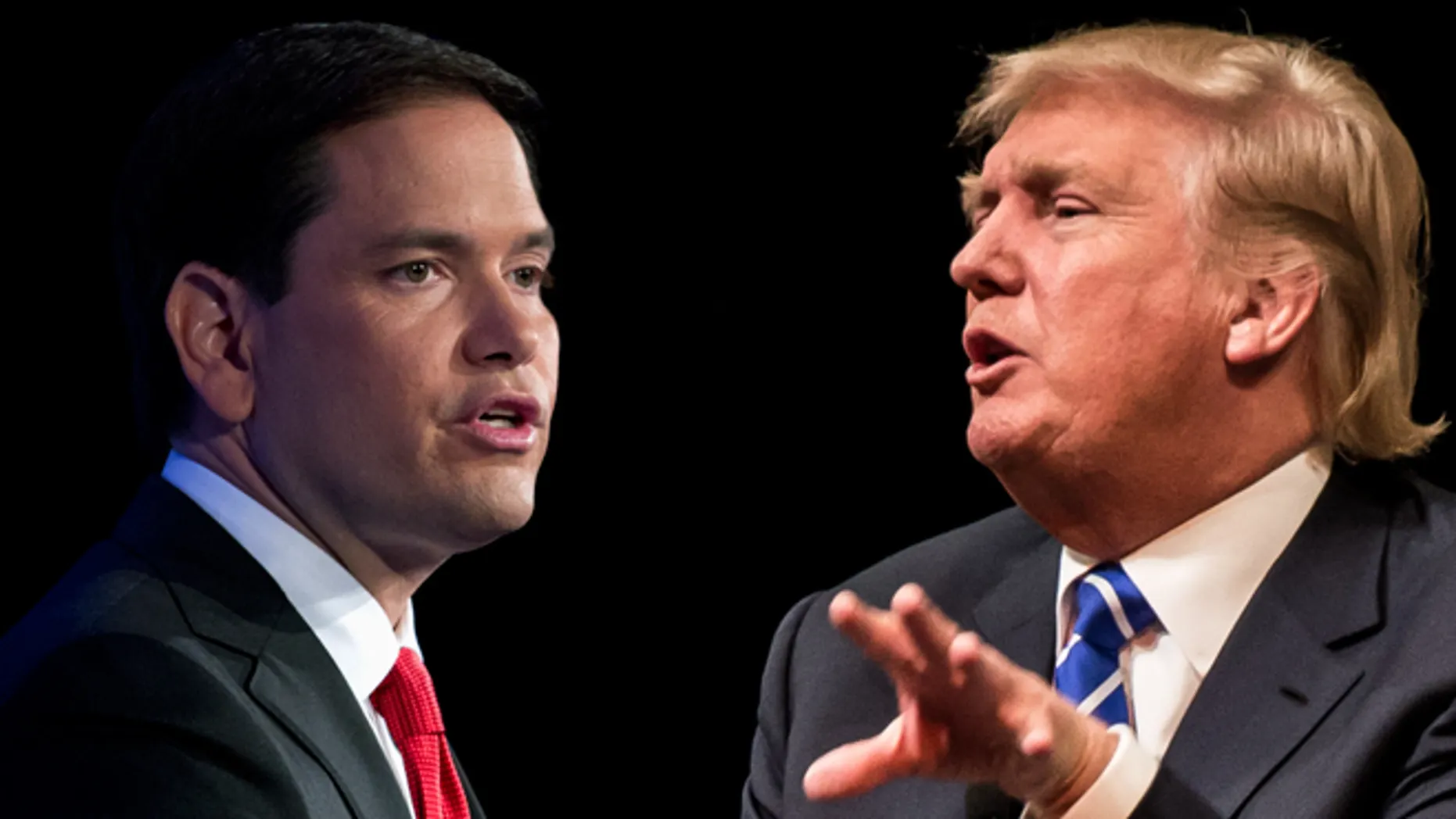
With the election of Donald Trump as US President and the subsequent appointment of Marco Rubio as Secretary of State,(pictured above) the need for international solidarity not only with Nicaragua, but also with Cuba and Venezuela, is greater than ever.
Although the Biden administration continued the US policy of aggression against Nicaragua by imposing a raft of sanctions, what can almost certainly be expected is heightened US aggression including economic warfare in the form of further sanctions against all three countries in order to bring about their main objective, which is to effect regime change.
The 2016 – 2020 Trump administration specifically targeted what his national security adviser, John Bolton, called the ‘troika of tyranny’ – namely Cuba, Venezuela and Nicaragua. In outlining Trump’s policy, Bolton accused the three governments of being “the cause of immense suffering, the impetus of enormous regional instability and the genesis of a sordid cradle of communism”.
It was during Trump’s administration that, after several years of careful and methodical preparations, the US orchestrated and financed the 2018 coup attempt in Nicaragua which led to three months of violence from mid-April to mid-July, wanton destruction of property, massive economic losses and nearly 200 innocent people killed.

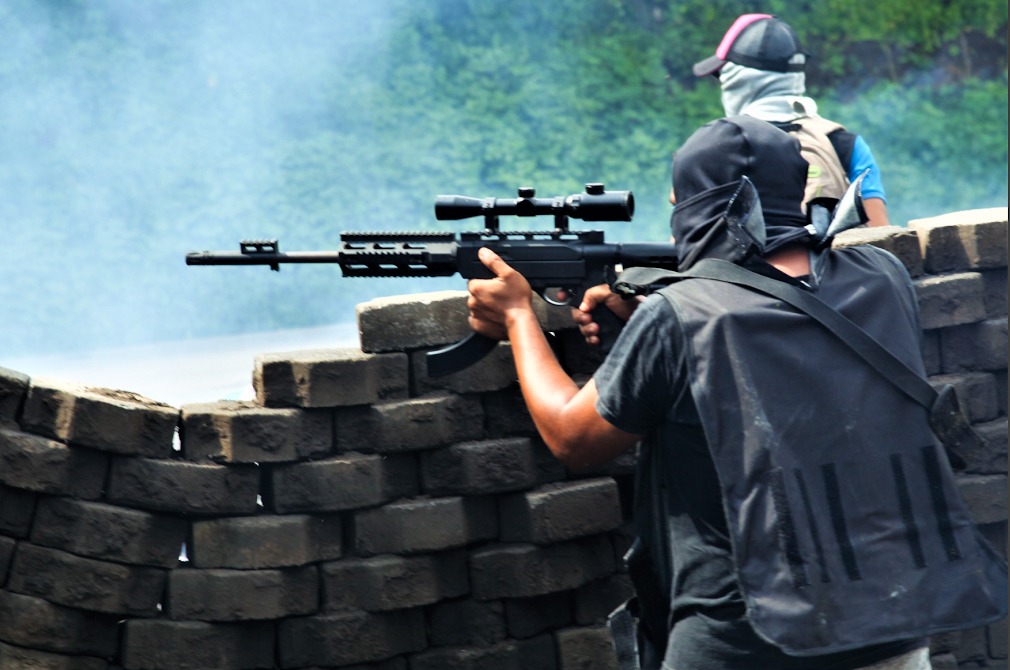
In December 2018, following the failure of the coup attempt, President Trump signed into law the Nicaragua Investment Conditionality Act (NICA Act), the purpose of which was to cut Nicaragua off from loans by multilateral lending institutions such as the World Bank, International Monetary Fund (IMF), Inter-American Development Bank (IADB) and Central America Bank for Economic Integration (CABEI). These were loans that Nicaragua was receiving to improve conditions for the Nicaraguan people through poverty reduction, education, health care and infrastructure development.

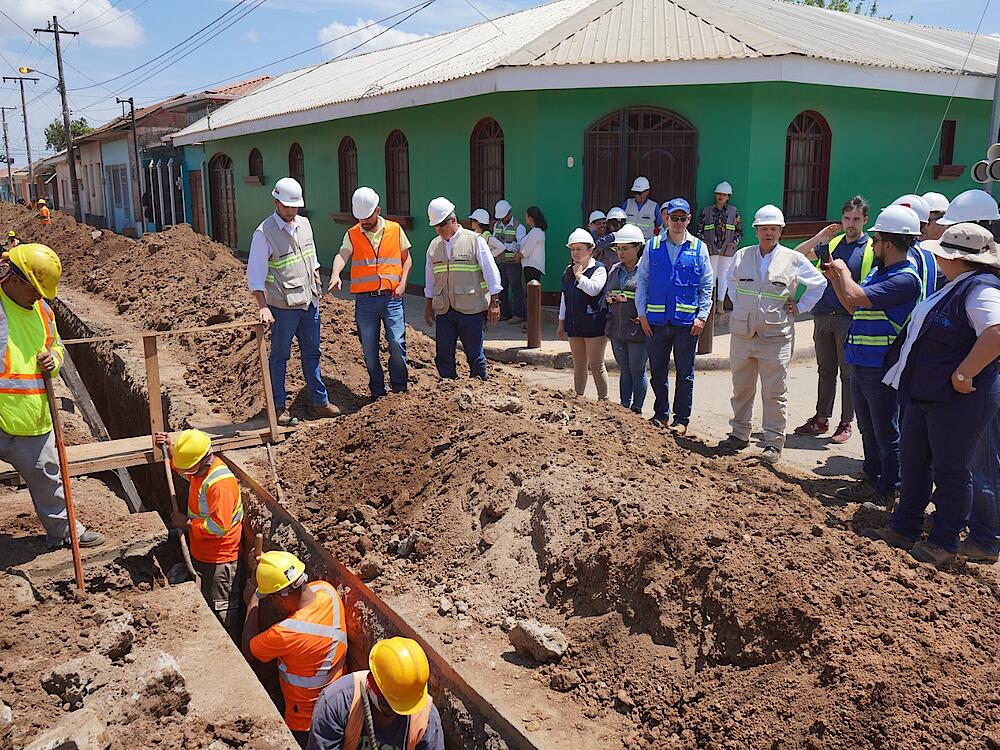
The Act, introduced into the Senate by Ted Cruz with the support of now Secretary of State Marco Rubio, also encouraged the US government to increase assistance to anti-government ‘civil society’ in Nicaragua, including ‘independent media, human rights, and anti-corruption organisations’ and to ‘support the protection of human rights and anti-corruption advocates in Nicaragua.’ This all followed the announcement in November 2018 that there would be an infusion of US$4 million to civil society and media groups opposed to the Sandinista government. The NICA Act was thus yet another mechanism to finance attempts to overthrow Nicaragua’s democratically elected government.
In November 2019, immediately after overseeing a far-right military coup in Bolivia, the Trump administration once again set its sights on Nicaragua by Executive Order 13851, dubbing the country ‘an unusual and extraordinary threat to the national security and foreign policy of the United States’. The administration announced it would expand suffocating sanctions on the country and extend for a further year an executive order signed by Trump early in 2019 declaring a ‘state of emergency’ in the US with respect to the situation in Nicaragua.
| “These events send a strong signal to the illegitimate regimes in Venezuela and Nicaragua that democracy and the will of the people will always prevail. We are now one step closer to a completely democratic, prosperous and free Western Hemisphere.” – statement by Donald Trump following the coup in Bolivia, 11 November 2019 |
President Biden has renewed Trump’s sanctions annually since 2018. In 2021, he signed into law the deceptively named ‘Restoring Sovereignty and Human Rights in Nicaragua Act’, known as the RENACER Act for short, which was intended to further tighten sanctions against Nicaragua. It granted the President several measures to address ‘acts of corruption and human rights violations’ by the Nicaraguan government, including the power to exclude Nicaragua from the Dominican Republic-Central America Free Trade Agreement (CAFTA-DR) and to obstruct multilateral loans to the country. The Act also forced the US Government to report abuses by the Nicaraguan government and report on their ‘cooperation’ with Russia.
In June 2023, Marco Rubio, together with Tim Kaine, proposed a new round of sanctions and psychological operations against Nicaragua until ‘regime change’ was achieved. The Senators welcomed the passage of the bill in the Senate Committee on Foreign Relations, and it passed to the Senate for approval in June of this year. It is no coincidence that this Act, which is designed to do the exact opposite of promoting sovereignty and human rights, was approved just one week after Nicaragua took a case to the International Court of Justice against Germany arguing the country’s complicity in genocide by supplying arms to Israel.
There is a real danger that Trump may add Nicaragua to the list of State Sponsors of Terrorism (SSOT). Cuba was returned to this list by Trump just days before Biden’s inauguration and remains on the list despite numerous international calls to reverse the action. The presence of Colombian guerrillas in Cuba was cited to justify the designation, however it is internationally accepted that they were there to participate in official peace talks sponsored by the Norwegian Government, which Cuba was hosting. The designation of Cuba on the SSOT list is both unjust and inhumane and has had a devastating impact on the Cuban people.
There are concerns that progressive Latin American governments such as Nicaragua will face heightened pressure and threats after taking strong stances on Gaza and that this could provide the US with a pretext to add Nicaragua to the SSOT list.
In October this year, four days after President Ortega announced the breaking of diplomatic relations with Israel, the Israeli consul in neighbouring Costa Rica, Amir Rockman, gave an interview in which he claimed that “Iranian interests and, in particular, those of the terrorist organisation Hezbollah, are installed in Nicaragua”. He further claimed that “radical Iranian forces and terror groups operate freely” in Nicaragua, although he was not asked for, nor did he provide, any evidence. Right-wing outlets opposed to the Sandinista government gleefully elaborated on what Rockman said. Mijal Gur-Aryeh, Israel’s ambassador in Costa Rica said that “Nicaragua had been converted into a platform for terrorism in the region.” A few days later she added that Hezbollah had “bases” in Venezuela and Bolivia as well as Nicaragua.
This enabled one of the best-known opponents of Nicaragua’s Sandinista government, Felix Maradiaga, to call for the Sandinista party to be declared a terrorist organisation. “In the short term, this could aggravate the delicate economic situation in Nicaragua,” he said. “But I firmly believe that any temporary sacrifice will be smaller than the bigger benefit of weakening a regime which has used the country as a platform for extreme and illegal activities.”
Nicaragua’s government has rejected Israel’s accusations. However, despite the fact that there is no evidence to support these claims they have resonance in Washington. If Nicaragua were to be designated a “state sponsor of terrorism” (SSOT) the effects could be very serious, as they have been in Cuba.
The danger is exacerbated by the views of Rubio, who in April this year stated that “the Ortega-Murillo crime family continues to pose a severe threat to our national security interests in the region. Nicaragua is now a hub for human trafficking and the State Department should designate the country as a state sponsor of human trafficking”. A few months later, this accusation was used to justify an executive order renewing the provisions of the NICA Act.
Whilst it is certain that Trump and Rubio will seek to reimpose the Monroe Doctrine and get Latin America back under US hegemony, the region has changed, and the countries of Latin America and the Caribbean are increasingly ready and able to assert their sovereignty and independence.
For decades now, US imperialism has sought to break the spirits of the people of Nicaragua, Cuba and Venezuela in order to overthrow their governments by whatever means necessary, including violence. However, in spite of this, the people of these countries have stood firm and have continued to build a better life for their people. It is vital that all of us stand by their side during these difficult times.
Source material: –Challenging Israel’s actions in Gaza | Latin America Bureau
